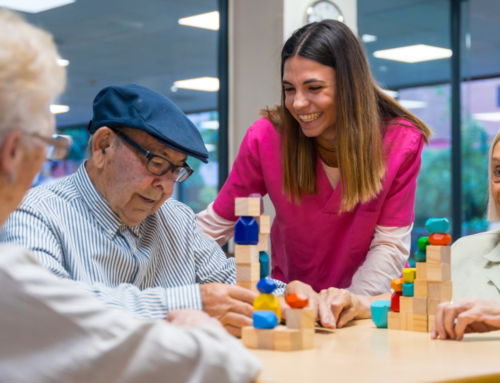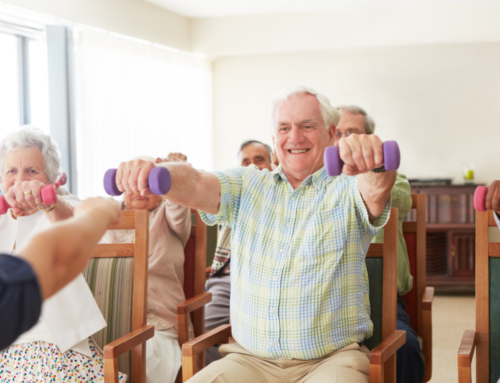Share This Story!
Rebuilding Motor And Mental Agility After A Stroke
For many stroke recovery patients, rebuilding fine motor skills and cognitive abilities is a major priority during the rehabilitation period. But many people may not realize that working with word puzzles like word searches and jumbles, as well as traditional jigsaw puzzles can be incredibly helpful for improving mental and motor agility in stroke survivors.
Jigsaw puzzles to hone hand-eye coordination
Many stroke victims experience a loss of hand-eye coordination and fine motor skills. A way to rebuild this skill while also making the process enjoyable is to put together jigsaw puzzles. But immediately after recovering from a stroke isn’t the time to pick the most complex puzzle with hundreds of pieces. Depending on a patient’s limitations, pick a puzzle that isn’t too difficult with a limited number of pieces. As a recovering patient’s capabilities improve, the puzzles can become progressively more difficult.
Word searches, spot the differences, and visual skills
If the goal is to keep rehabilitation fun and engaging, word searches and games that require patients to spot the difference between two seemingly identical scenes are a great option. With both scenarios, the games help a patient improve visual focus as well as enhance spacial orientation. Since the patient must look up and down, as well as from right to left, visual skills are prioritized in a relatively low-stress activity.
Number puzzles and enhanced neural pathways
While many people only think of puzzles in terms of jigsaws and word searches, another option includes number-based puzzles like sudoku. The games can be used to help boost neural activity. Because sudoku and other number puzzles rely on logic to work through sequencing problems, patients can rebuild neural pathways that were previously damaged in a stroke. But number puzzles can also help to improve reasoning and memory for older adults in general.
Creating a low-stress rehabilitation experience
Stroke rehabilitation doesn’t have to be a chore. Plenty of simple options exist for at-home practice that can be incorporated by caregivers. Many of the recommended puzzles are ideal for recovering stroke patients. As long as the difficulty levels are aligned with a patient’s abilities, playing with jigsaw puzzles, tackling word puzzles, visual spot the difference games, or even easier versions of sudoku and number puzzles can help. These puzzles can help survivors to gently improve memory recall, fine motor skills, and even hand-eye coordination. For more information, speak with a healthcare provider.





